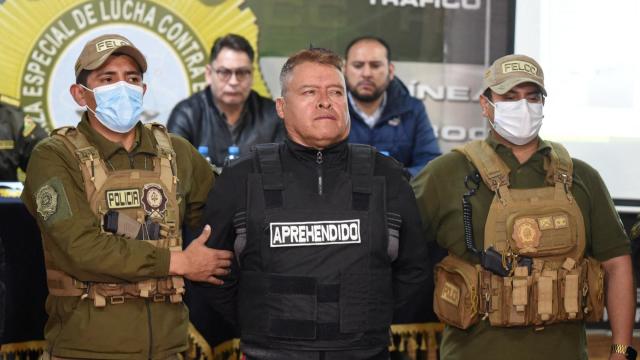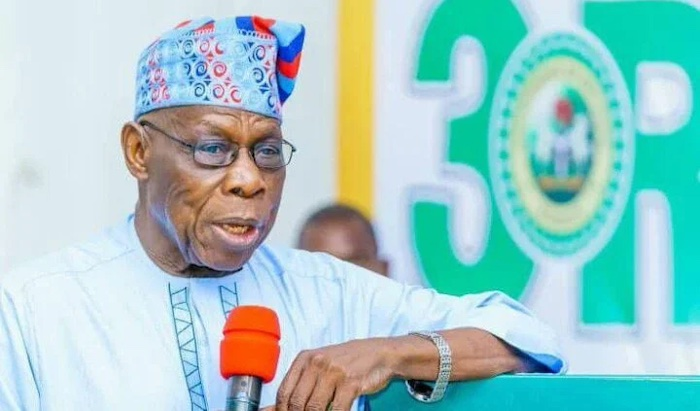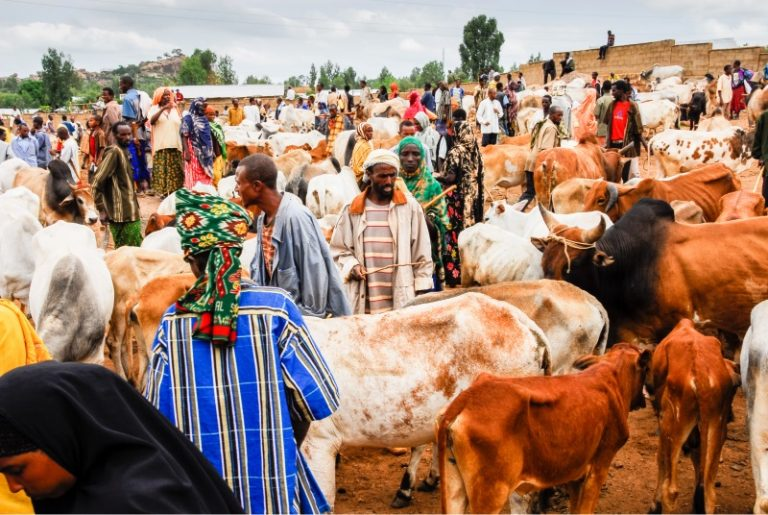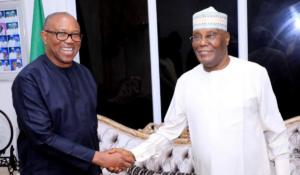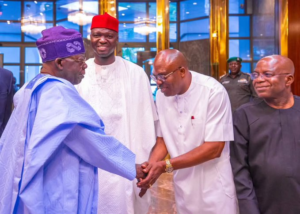Bolivian police have arrested the leader behind an apparent attempted coup, just hours after soldiers stormed the presidential palace in La Paz. Hundreds of troops and armored vehicles had surrounded Murillo Square, where key government buildings are located. An armored vehicle breached the main gate of the presidential palace, allowing soldiers to enter, but they later withdrew.
General Juan José Zúñiga, the rebel military leader, had claimed he wanted to “restructure democracy” and expressed tentative respect for President Luis Arce, suggesting a change in government was imminent. He was arrested shortly after telling reporters that the military had intervened at the president’s request.
Gen. Zúñiga was removed from his role on Tuesday after making inflammatory comments about Bolivia’s former president, Evo Morales, during a television interview the previous day. President Arce condemned the coup attempt, urging the public to “organize and mobilize in favor of democracy.”
“We cannot allow coup attempts to once again take Bolivian lives,” President Arce said in a televised address from the presidential palace. His message resonated with many, leading to pro-democracy demonstrations in support of the government.
In dramatic footage from inside the presidential palace, President Arce confronted Gen. Zúñiga, ordering him to stand down and announcing the appointment of new military commanders. He confirmed that Gen. Zúñiga had been dismissed for openly criticizing Mr. Morales.
Mr. Morales, who also condemned the coup attempt, called for criminal charges against Gen. Zúñiga and his “accomplices.” The public prosecutor’s office has opened a criminal investigation, and Vice-Admiral Juan Arnez Salvador, head of the Bolivian Navy, has also been arrested.
The exact motivations behind Gen. Zúñiga’s coup attempt remain unclear. He was dismissed after stating on television that he would arrest Mr. Morales if he attempted to run for office again next year, despite Mr. Morales being barred from doing so. Mr. Morales was forced out of office in 2019 by military chiefs who accused him of manipulating election results, leading to his exile in Mexico.
From Murillo Square, after it was taken by troops, Gen. Zúñiga accused an “elite” of taking over the country and causing destruction. Moments before his arrest, he claimed that the president had ordered him to deploy the “blindados” (armored vehicles) to boost his declining popularity. He was quickly taken into custody by police.
Andrea Barrientos, a leading opposition senator, echoed Gen. Zúñiga’s claims, suggesting that an economic and judicial crisis had led President Arce to launch a “self-coup.” She called for a thorough investigation into the situation, stating, “The government has a lot of questions to answer to the people of Bolivia, and they need to explain this situation very well. We need a deep investigation about this situation.”
Wednesday’s events increasingly appear to be a short-lived and ill-judged military uprising rather than a significant unravelling of power. However, the coming weeks will be crucial in determining if General Zuñiga’s military insurrection was an isolated incident.
The government’s vulnerability is now more apparent, and there may be attempts to challenge President Arce’s administration through political means rather than military force.
Former President Evo Morales called on his supporters, particularly from the country’s indigenous coca-growers movement, to take to the streets to demand an end to the attempted coup. This display of popular power likely bolstered resistance against Gen Zuñiga’s plans, which also included freeing “political prisoners” like former leader Jeanine Áñez.
Both President Arce and his predecessor Morales belong to the same political party, despite internal feuds. Their alliance has raised concerns among some Bolivians, including Gen Zuñiga, that Morales might seek another term in office. This worry stems from Morales’ attempt to bypass the constitution and seek a fourth term in 2019. Although he won the vote, Morales was forced to resign and flee the country after violent protests.
Jeanine Áñez, a centre-right politician, served as the interim leader between 2019-2020 and was later sentenced to 10 years in jail for what prosecutors described as a coup to oust Morales. President Arce won a re-run vote in 2020, continuing the political legacy of their party.

